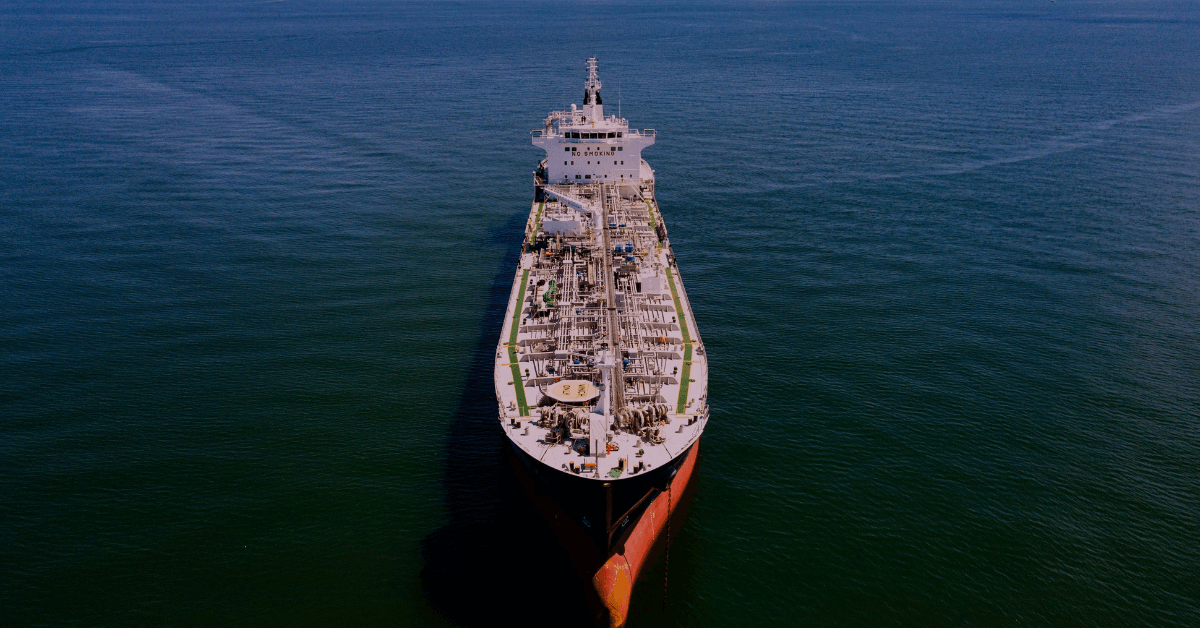
Port Of Aberdeen Launches Scotland’s Largest Maritime Decarbonisation Project
June 20, 2025
Oil Spill Spreads Over 1,500 Hectares In Gulf Of Oman After Tanker Collision
June 20, 2025

As tensions continue to escalate in the Middle East due to the conflict between Iran and Israel, India is preparing for possible disruptions in oil shipments through the Strait of Hormuz, one of the world’s most strategically important choke points, by planning to reduce its fuel exports and secure crude oil from outside the Persian Gulf region.
Indian Oil Minister Hardeep Singh Puri, in an interview with NDTV on June 19, said India has enough stocks of both crude oil and refined fuels. He explained that the country also has access to diversified oil sources and could switch to alternative suppliers if the Strait of Hormuz becomes blocked.
The Strait of Hormuz is a key route that connects the Gulf to the Indian Ocean, and about 25% of the world’s oil trade passes through it. There are concerns that Iran, in conflict with Israel, might target tankers or even shut down the strait entirely. There are no signs of an actual shutdown yet, but the threat remains.
According to Puri, around 1.5 million barrels of oil that India uses daily come through the Strait of Hormuz. India consumes a total of about 5.5 million barrels per day. He stated that while the situation is being monitored, there is no major worry at the moment, as the global market has enough crude oil. However, he pointed out that price fluctuations are a concern, not supply.
India exports refined petroleum products and could limit those exports if needed to maintain an adequate stock at home. Major Indian refiners like Reliance Industries Ltd. and Nayara Energy ship fuels to countries including the United Arab Emirates, Singapore, the United States, and Australia. As per government planning, these shipments could be reduced temporarily if the domestic supply is at risk.
Data from energy analytics firm Kpler shows that India’s petroleum product exports have averaged 1.3 million barrels per day this year. Of this, Reliance and Nayara together contribute 82% of the shipments.
According to Rahul Kalantri, vice president of commodities at Mehta Equities Ltd., crude oil prices have been very unstable recently. He stated that the price of U.S. WTI crude briefly went above $75 per barrel before falling again, after statements from the White House that helped reduce fears of escalation.
Kalantri added that global markets are still nervous, especially after a 10-million-barrel drop in U.S. oil inventories and continued concerns about the possibility of U.S. involvement in the conflict. A report by the commodity research team at Kotak Securities mentioned that oil prices rose to nearly $74 per barrel recently due to such fears.
Internationally, crude has support at $72.50 to $71.90 and resistance at $73.95 to $74.60. In Indian rupee terms, it is supported between ₹6,250 to ₹6,170 and faces resistance at ₹6,420 to ₹6,490.
References: Bloomberg, Fortune India
Source: Maritime Shipping News


